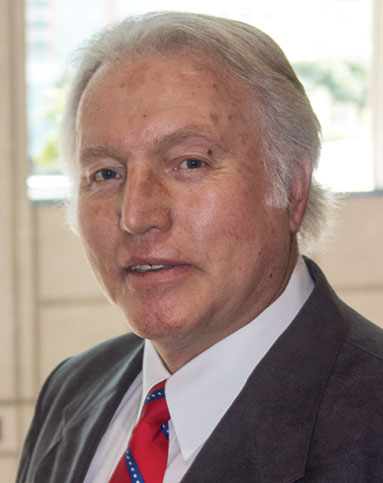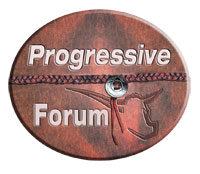
Jim Bret Campbell
Director of communications
Texas Cattle Feeders Association
Amarillo, Texas
So much of what we ship to Japan are cuts and opportunities that we don’t necessarily use in the U.S., so I think our feeders and members are cautiously optimistic that it will expand and give us greater opportunity in that Japanese market.
Obviously the supply is a challenge, and so they’re going to be trying to ramp that up and see every way possible to be able to provide that quality meat.
From what we are hearing so far, it may take three to four months before we start to see much of an impact.

Rick Sibbel
Director, beef cattle, technical services
Merck Animal Health
Arkeny, Iowa
There are three things. Japan has got a significant pressure point that they need more American beef. It took them a while to get here, but this is their way of getting it.
Secondly, do we have enough beef to take care of this expanded export need? The answer is that we’re going to struggle because Japan is going to have to bid up the beef they want – the American supply doesn’t have any extra right now.
But it’s going to be good for those people in the business of manufacturing more American beef.
In addition, the rule to go to 30 months says that the science now on BSE is fairly dramatic in that they don’t increase the risk of their consumption of American beef of 30 months or less.
That’s a big deal because, scientifically, that’s what’s been said by several different export agencies for a long time. Japan was the last sort of Asian country to come on board with that.
For all those reasons it’s a particularly big deal because it’s a testament to the value of American beef globally.

Timmery Hellyer
Cow-calf operator
Pokorny Ranch
Lander, Wyoming
In CattleFax, they said that the opening market in Japan would be enough to offset the close of the market in Russia.
Having those two markets at least offset one another is always better than going backwards, in my opinion.
Our operation has participated in age and source verification for several years; that qualified our calves to go into the Japanese market because we were third-party verified.
For us and our particular cattle, it doesn’t open up any more ability for them to travel to Japan.
On the same token, any more animals that flow in that direction – it’s good for everybody. Any time a market opens or is expanded, it benefits everyone.

James Burks
Manager
44 Farms
Cameron, Texas
It certainly opens up a broader market for those of us who have not been doing any of those live cattle to Japan.
The export cattle, with the shipping of cattle to Russia, Asia and Japan, has really created a huge market for all of us, and with the shortage of cattle that we have in the U.S., it’s really upped the price.
And so it’s carrying the economy as far as the cattle market goes. It’s definitely improved all of our opportunities.

Weldon Wynn
Vice chairman
Cattlemen Beef Board
Star City, Arkansas
It’s going to be tremendous for us as producers. You know that 85 percent of our product is eaten here in the U.S., but 15 percent is exported.
So with that said, going from a 20-month (restriction) to a 30-month (restriction), Japan is really going to be something for us, as a producer we’re going to see increased value for our calves.
And the next thing is, we’ve got the best-tasting meat in the world, and protein is what it’s all about. They understand where the protein is coming from, so I’m very pleased.
The export market is taking cuts that we really wouldn’t use over here in these different countries. They’re using them in a way that’s making me as a producer much more profitable. ![]()







